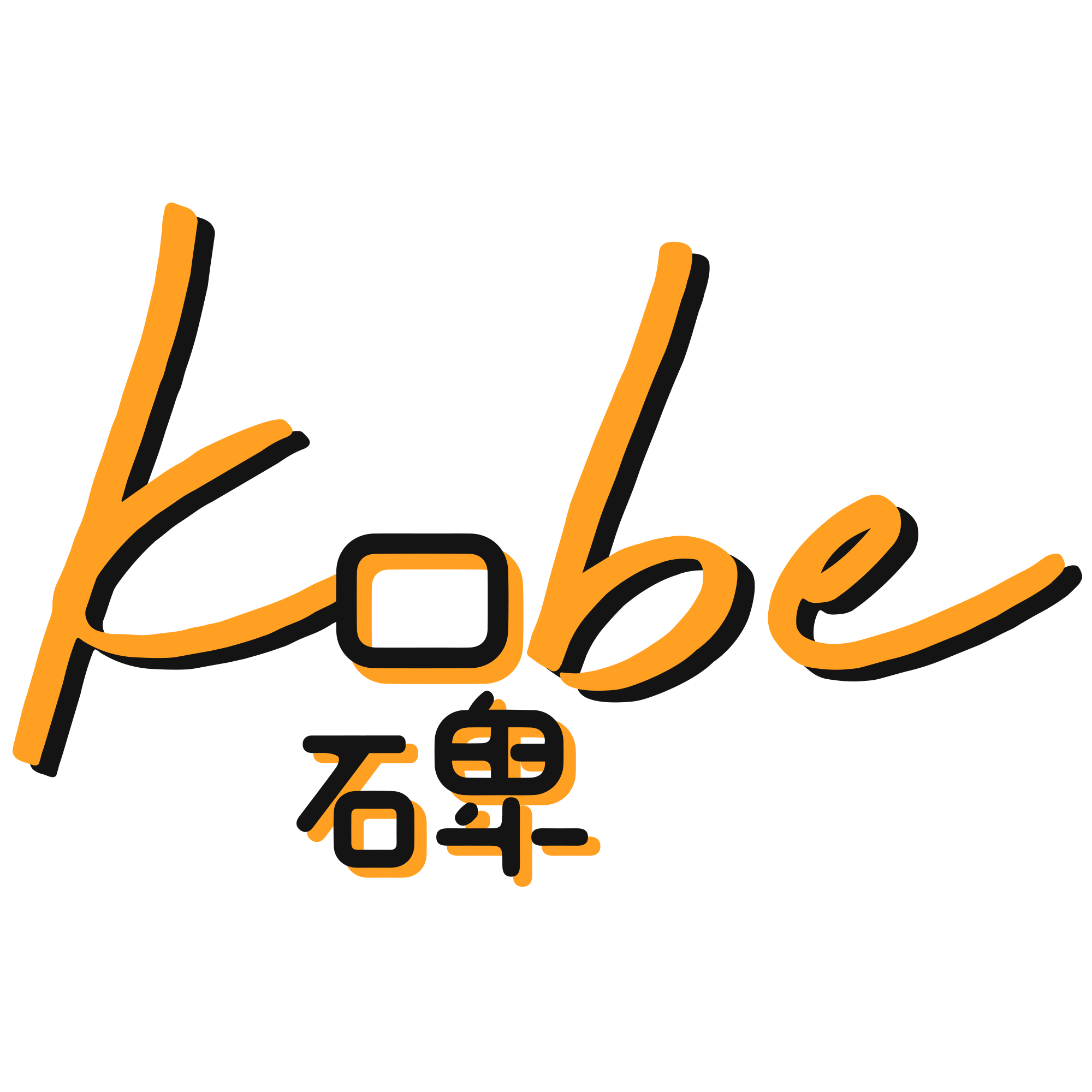Millennial Marketing
A look into the history of marketing and we find marketing evolving along with the times. The characteristics of marketing for different time period are greatly influenced by the consumers. After all, marketing encompasses the idea of “letting more consumers know about your product or services”. For each era, it is important to discover which generation holds most of the purchasing power. Within the past decade, the “purchasing power baton” has been passed across at least three generations. Starting with the Baby Boomer generation, it then went to Generation X and it is now in the hands of Generation Y – the Millennial. Hence, Millennial marketing should be the focus and topic of discussion within the marketing industry today.
Who are the Millennial and why do they matter?
Washington-based fact tank Pew Research Center defines the Millennial as those born in the year 1981 to 1996.
A Huffington Post article estimated that by 2020, 60% of the world’s millennial are expected to live in Asia. This puts businesses in Asia in a great position and it may be a reason why businesses from the West are moving over.
If you are still not convinced about the importance of millennial marketing, we will let the numbers do the talk. In a 2017 article titled, “How to tap into the Millennial $200 billion buying power with social media”, Forbes estimated that “millennials in the U.S. alone will be spending $200 billion.” Hence, we cannot miss out on millennial marketing.
Incorporating Millennial marketing strategy into my business
To begin millennial marketing, we have to understand that every generation is unique. For the millennial, they have grown up and alongside the development of technology. They have witnessed and experienced the Internet Age, and are the most technologically-savvy bunch of people. The advent of the Internet of Things shaped the unique characteristics of the millennial. We have curated some strategies that we believe could bring your business closer to reaching them.
Digital marketing and its relevance
Although digital marketing has its roots from the 90’s, its popularity gained greater traction only in recent years. As millennial are a tech-savvy group of consumers, the time spent on digital devices and platforms is longer as compare to other generations. Therefore, it is necessary to include elements of digital marketing in your millennial marketing strategy. Consider the use of e-mails, writing of blogs and ensure that your website is SEO-friendly. These are just a few steps you could take to garner greater engagements. Digital marketing cannot be neglected in this day and age; you and your business will be left behind if you fail to convert some of your strategy onto digital.
Usage of mobile ads
In 2007, iPhone was first launched. That launch brought with it the smartphone revolution of the mobile world. The prevalence of smartphones also meant that people were using their mobile phones as an alternative to personal computers and laptops.
Latest smartphones allowed you to perform the same functions as a computer. As users stick to mobile phones longer than before, it is important to ensure that your advertisements are visible on both desktop and mobile phones. You would want to capture as many views as possible and having only desktop ads would paralyze your brand greatly.
The increasing popularity of social media marketing
When Mark Zuckerberg started Facebook in 2004, he wasn’t expecting it to explode in popularity. He certainly wasn’t expecting that his company would lead the social media revolution at the turn of the millennium. However, that gave rise to more social media platforms sprouting forth. To date, 85% of millennial are on social media. Naturally, marketing has also shifted onto social media and there we have the birth of social media marketing, a.k.a influencer marketing.
Social media presents an exciting future for marketing because of its functions. You are able to post an advertisement online, post video content to talk more about your brand, an even promote your product through sponsored posts. Social media has opened a new channel for marketers to explore their creativity and to reach out to the millennial. Having a strong social media marketing strategy can help you greatly in generating more sales.
Conclusion
In conclusion, marketing to millennial is not as difficult as one may think of it to be. Anyone can do it as long as you have spent considerable amounts of time being familiar with technology.
Businesses and brands are placing more focus on aligning their marketing campaigns to target the millennial. Your business has to stay relevant otherwise, you would be left behind by the market.




